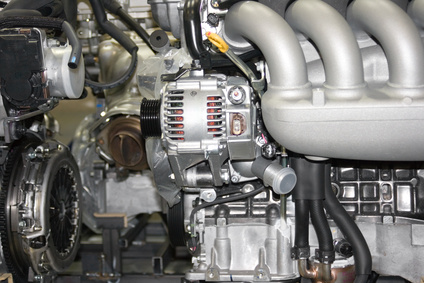
Cars have a way of telling us when a tuneup is needed. Usually, there are signs to make you aware that there is a change in your car's behavior. The key to avoiding costly repairs is to recognize these early signs, and correct them immediately. It is important that you know how your vehicle works, so that you can quickly identify the signs for a tuneup.
If you experience a squealing sound when turning the steering wheel, this could be a sign of low power steering fluid level. Check the dipstick to see you need to add more fluid to the correct level. If there is a grinding sound or stiffness when turning the wheel, bring the car to a mechanic immediately. The power steering fluid level should be checked regularly, especially if you drive long distances. If the level is unusually low, check under the car for signs of a leak.
Some signs may indicate that your car's engine needs to be checked by a certified mechanic. Some of the most common signs of engine trouble are difficulties when trying to start your car, the "Check Engine" light stays lit on the dashboard, poor acceleration, stalling or poor fuel economy. (See references 1 under the "Engine" section)
The brake fluid should be topped off as part of a tuneup. The brake fluid container has a minimum and a maximum level mark. The fluid should not be lower than the minimum mark. The recommended level should be as close to the maximum mark as possible. Sometimes when the brake fluid is low, it is a indication that there is a leak in the brake system or the brake pads are worn.
When a transmission needs a tuneup, you may experience a number of warning signs. Some signs may indicate transmission failure or something that can be easily fixed. Some warning signs are a delay when shifting from neutral to drive, an abrupt jerk when shifting between gears or you may not be able to shift gears during normal acceleration. (See references 1 under the "Transmission" section)